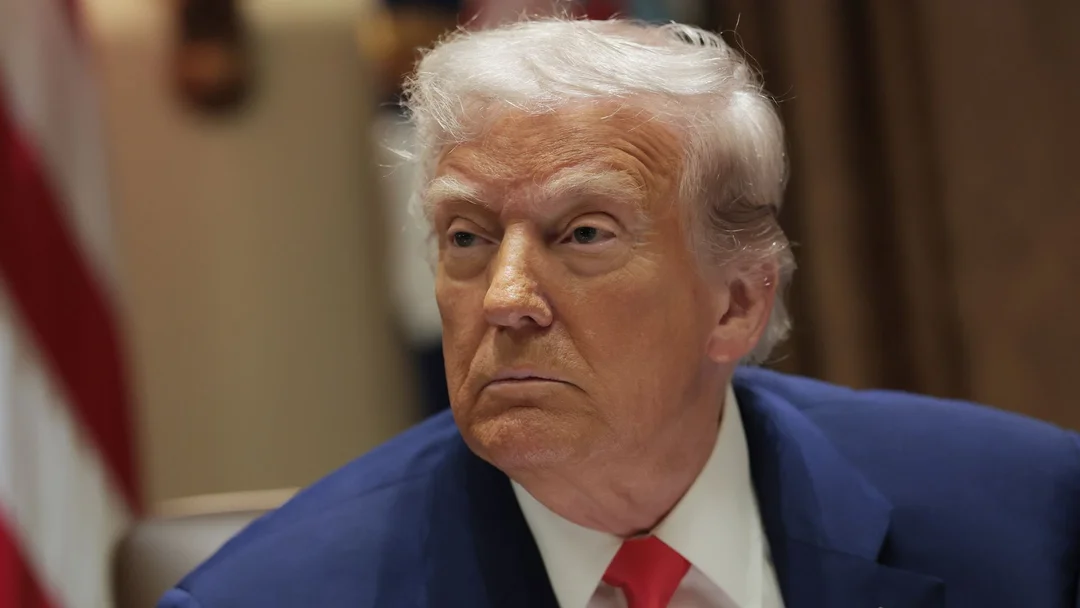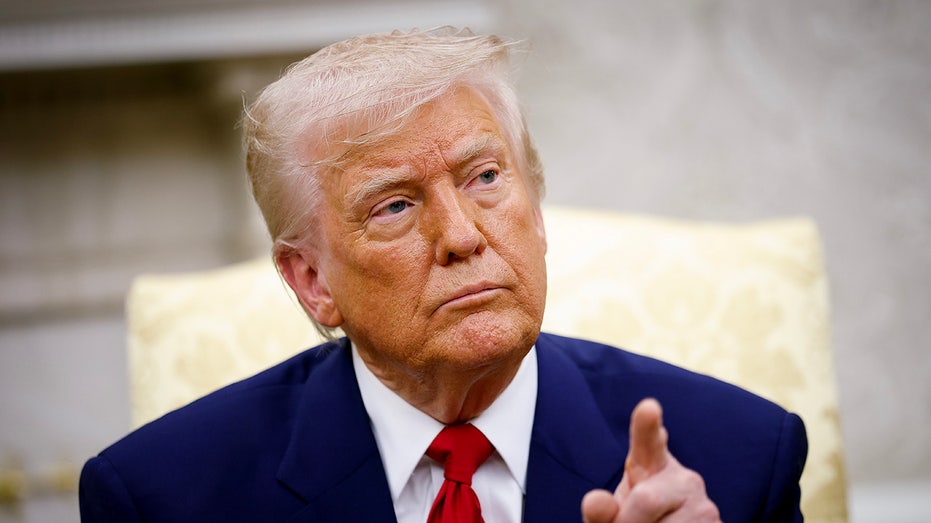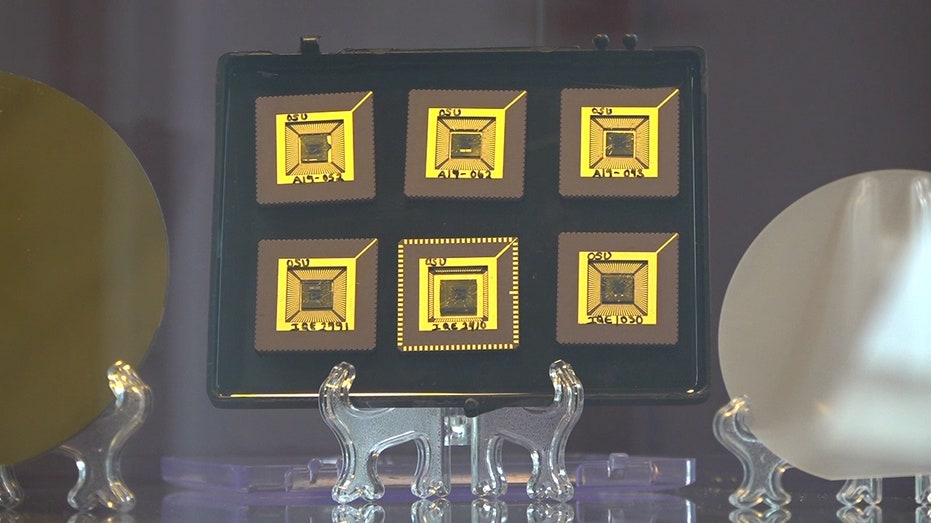
Trump Signals Tariffs on Semiconductors Amid Tech Industry Confusion
In a move that has sent shockwaves through the tech industry, President Donald Trump announced that specific tariffs will be levied on semiconductors and chips imported into the United States. The president revealed during a flight on Air Force One that the exact tariff rates would be disclosed within the week, igniting concerns among American tech companies and raising questions about the future of the electronics supply chain.
While addressing reporters, Trump emphasized the need to "uncomplicate" trade within the semiconductor sector, reflecting his administration's ongoing commitment to revitalize American manufacturing. "We want to make our chips and semiconductors and other things in our country," he asserted. This announcement was made against a backdrop of troubling trade dynamics: the U.S. recorded a negative trade balance of $322 million in the semiconductor sector just last month, and the current electronics tariff policy is primarily focused on countering trade imbalances with China.

Trump's tough stance on tariffs has drawn mixed reactions. Critics argue that these measures may exacerbate costs for consumers, as companies could be forced to hike prices in response to increased production expenses. Analysts highlighted the implications for major tech players like Apple and Nvidia, who may face steep price increases on consumer electronics if tariffs remain in place. The tech sector already celebrated a temporary reprieve this week when it was revealed that many electronics would be exempt from the latest tariffs, only to see that reprieve muddled by mixed messages from Trump's administration.
Further complicating the landscape, Trump's trade chief reiterated that no technology products would escape the upcoming tariff regime, reaffirming the administration's strategy to prioritize domestic production of national security-sensitive items. "Nobody is getting 'off the hook' for the unfair trade balances that other countries have used against us," Trump declared in a Truth Social post, underscoring his administration's relentless approach to re-shaping American trade policies.

As the stock market reacted to the upheaval, tech stocks experienced both a rise and fall, reflecting investor apprehension regarding Trump's next moves. Apple stocks, for example, soared momentarily but later tapered as the administration's conflicting statements on tariffs led to uncertainty. Wall Street analysts are keenly observing this erratic market response, predicting further turbulence as more companies grapple with the potential fallout from new tariffs.
The question now looms: how will this evolving situation affect the U.S. technology landscape, and what strategies will companies adopt in response to these tariff threats? As Trump prepares to announce the forthcoming rates and details, both investors and tech giants await clarity on how to navigate these turbulent waters.
As the debate around tariffs and trade policies continues, we invite readers to share your views. How do you think these tariffs will affect the tech industry and consumer prices? What steps should companies take to adapt? Please leave your thoughts in the comments below.
Related issues news
Does China have tariffs?
China Customs assesses and collects tariffs. Import tariff rates are divided into six categories: general rates, most-favored-nation (MFN) rates, agreement rates, preferential rates, tariff rate quota rates, and provisional rates. As a member of the WTO, imports from the United States are assessed at the MFN rate.
Is Apple exempt from tariffs?
Late Friday the Trump administration announced that phones, computers and chips were exempted from new tariffs. Apple is among the most exposed companies to Trump's tariffs, because the majority of its iPhones, iPads and MacBooks are manufactured in China and other Asian countries.
When did Trump impose tariffs on China?
Chinese products. On March 22, 2018, Trump signed a memorandum under the Section 301 of the Trade Act of 1974, instructing the United States Trade Representative (USTR) to apply tariffs of $50 billion on Chinese goods. Trump said the tariffs would be imposed due to Chinese theft of U.S. intellectual property.